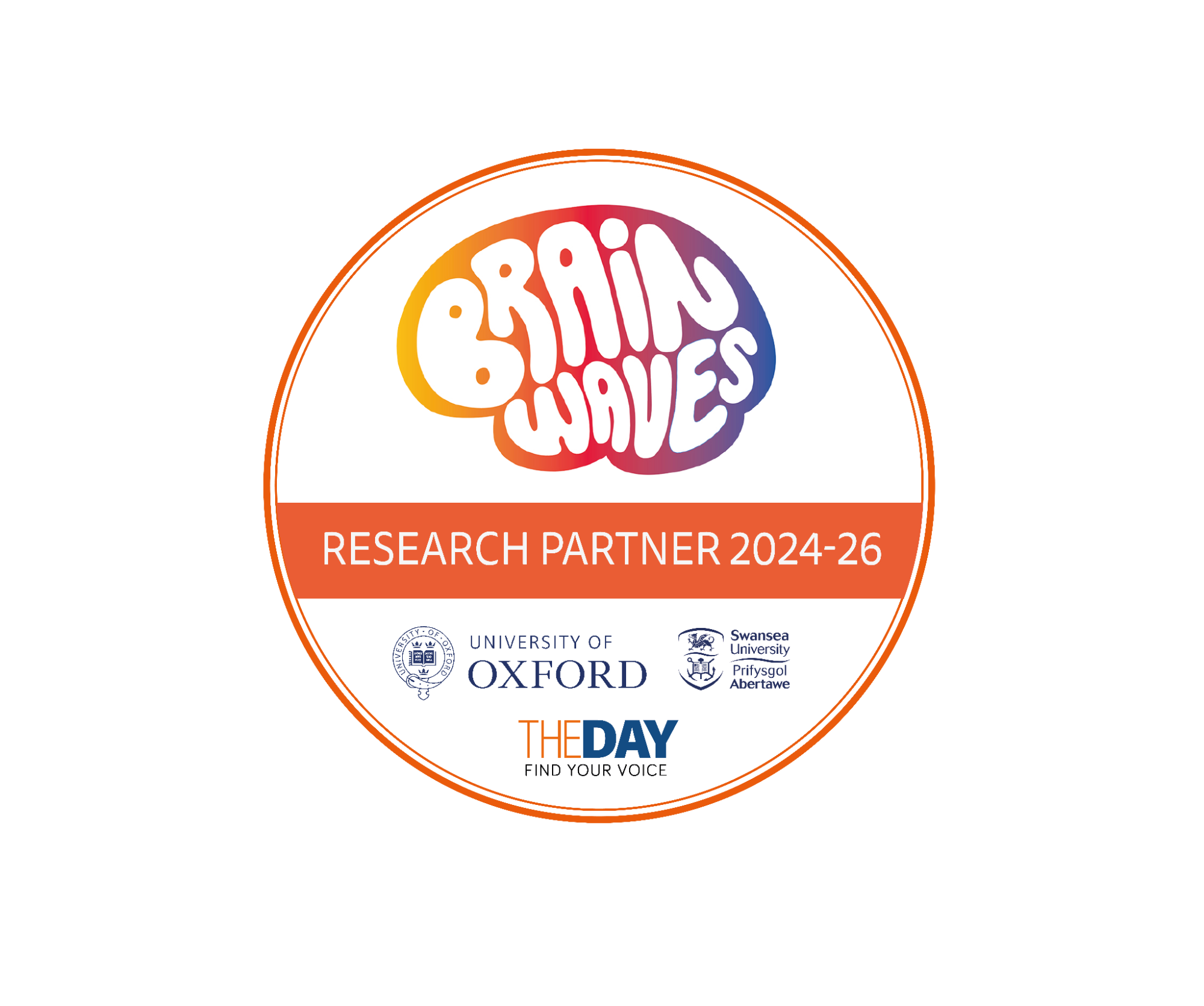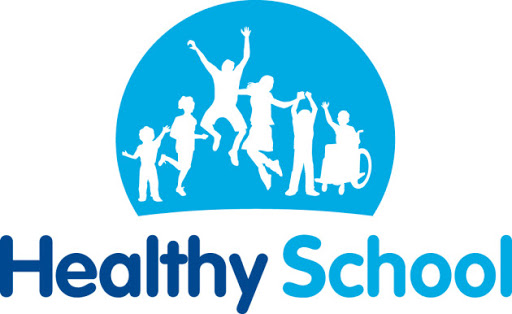
Mental Health & Wellbeing
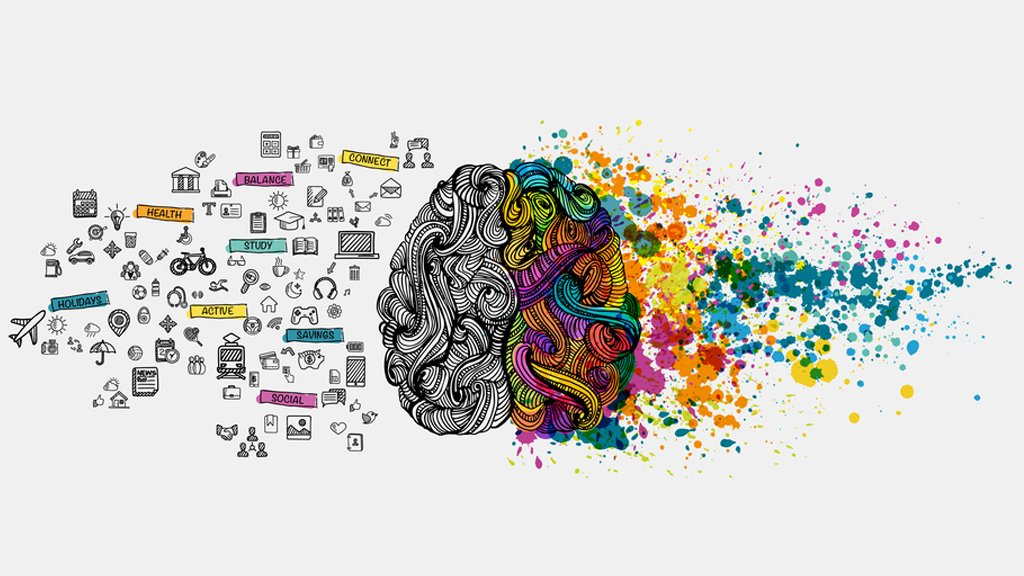
Mental Health & Wellbeing at Winchmore
At Winchmore, we believe that emotional wellbeing and mental health are key to helping students feel happy, confident, and fulfilled. Nurturing these aspects not only supports personal growth but also empowers students to excel and thrive during their time with us. When students experience positive mental health, they are better equipped to manage life's challenges, work productively, reach their full potential, and contribute meaningfully to their community.
We understand that maintaining a sense of happiness and security can be difficult at times, as everyone faces challenges that may impact their wellbeing. That’s why we foster an inclusive and supportive environment where every member of our school community feels valued and encouraged to share concerns when needed.
Student Sign posting QR code:

‘Mental wellbeing is not simply the absence of mental illness; it is a broader indicator of social, emotional and physical wellness. It is influenced by a range of factors, including a child or young person’s family, their community and school environment, their physical health and their social and emotional skills. Mental wellbeing can be defined as feeling good, feeling that life is going well, and feeling able to get on with daily life.’
Promoting student wellbeing is an integral part of a whole school approach to improving the student experience and developing a resilient community, as well as providing opportunities for vital early interventions for students who are struggling. It sits within the structure of pastoral care, bridging spaces between safeguarding, behaviour, inclusion, RSHE, counselling/mentoring, welfare and attendance. It also plays an important role in improving progress and attainment.
We promote this culture through:
- High quality teaching and student support
- Positive interactions between staff, students and home
- Our pastoral support system which includes: Tutors, Year Teams, Safeguarding Leads, the Behaviour team and the School Counsellors
- Extensive liaison with external services, where appropriate, to ensure that, as far as possible, students receive the support that they need
- PSHE lessons which is constantly reviewed and update to reflect students’ needs
- Assemblies and tutor activities which focus on well-being and key aspects of safeguarding
- Information shared in the Winchmore Weekly email
- Staff training to assist staff in identifying mental health warning signs and advising them on best practice strategies
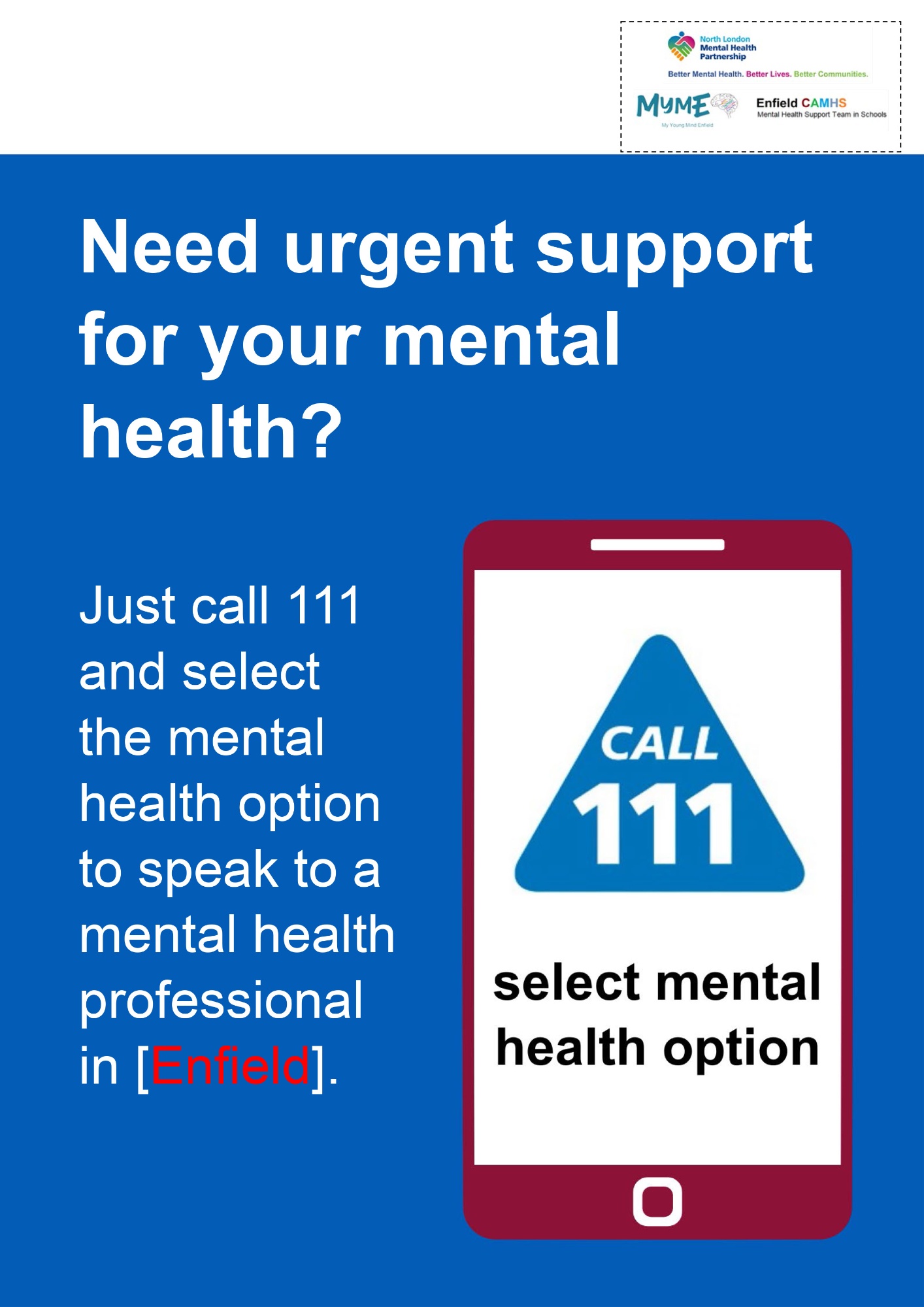
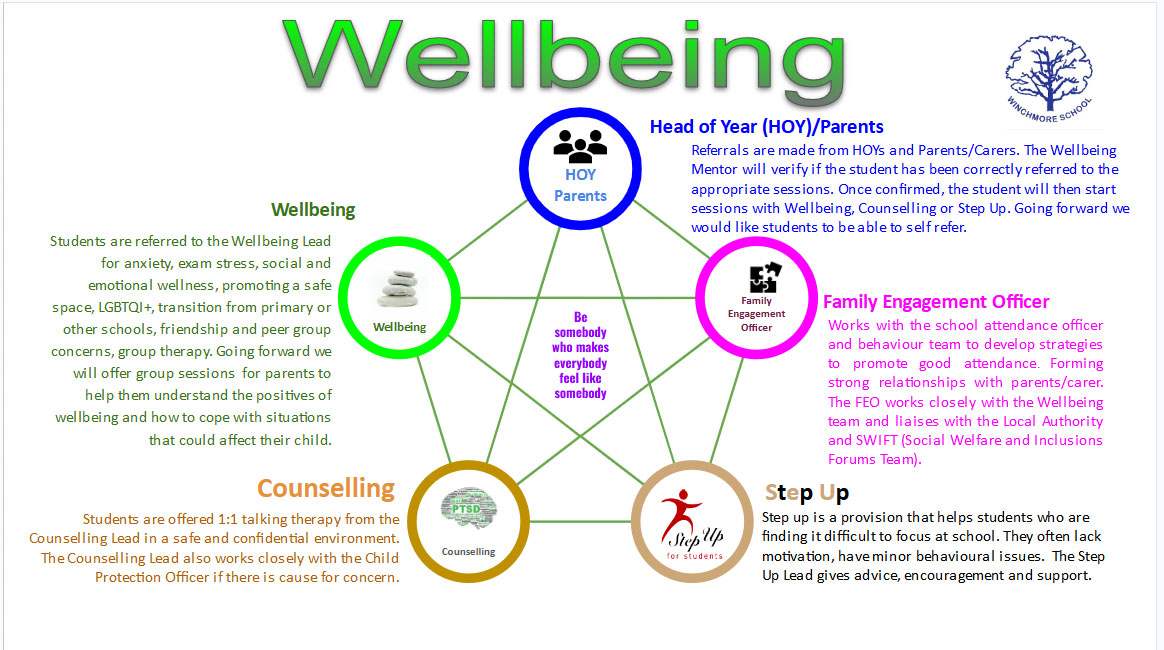
We all have Mental health! Mental health can be considered as the capacity to live in a resourceful and fulfilling manner, and having the resilience to survive pain, disappointment and sadness.
A mental health problem is one in which a person is distracted from ordinary daily living by upsetting and disturbing thoughts or feelings. The problem may disorientate a person’s view of the world and produce a variety of symptoms and behaviour which may cause stress and concern.
Mental health difficulties can refer to:
- Long term mental health issues/psychiatric conditions which may be classified as a disability
- Emerging mental health problems which may arise during a student’s time at school and require intervention and support
- Temporary mental health problems which interfere with a student’s capacity to fulfil their academic potential
Further information about mental health and support can be found at the following:
https://www.youtube.com/watch?v=EqcCf8DqIy8&feature=youtu.be
Our job is to provide that safe supportive space so that the young person wants to talk to us.” Teacher
“A lot of the time you don’t really need an answer, you just need someone to listen.” Student
The Anna Freud centre published some information regarding safe spaces in school:
A safe space is a designated area that is used by someone who is feeling overwhelmed by their emotions and needs some time away from intense or difficult situations to calm down. Children who are feeling anxious, angry, upset, afraid or even excited may benefit from having a space that they can go to for some time to regulate their emotions. It provides a calm, low stimulation environment. Safe spaces can help where there is a wide range of needs amongst students. They can be used as part of an individual’s crisis management plan. Safe spaces serve every kind of pupil. For some, the space might give them a brief pause from a tough day. For others, it can be so much more. Safe spaces are often cited for helping those suffering from intense levels of stress or trauma. They are essential because children cannot learn when they do not feel safe. It can be a very effective strategy when used well and is often recommended for children who find it difficult to self-regulate.
Further information about mental health and support can be found at the following:
In the Event of a Mental Health Emergency
If your child is experiencing a mental health crisis, these services are available for immediate support:
-
Barnet, Enfield, and Haringey Mental Health NHS Trust
24-Hour Crisis Telephone Service: 0800 151 0023
Counselling & Support Services
-
Anna Freud Youth Wellbeing Directory
Access local and national organisations offering mental health support for anyone up to age 25.
Visit Website -
‘My Time’ - Every Parent and Child
Counselling for children aged 5-18 facing school-based challenges.
Email: enquiries@epandc.org.uk | Visit Website -
Enfield IAPT Team
Counselling for individuals 16+ with mild to moderate mental health difficulties.
Self-Referral | Visit Website -
Mind
Mental health charity offering information and support.
Advice: 0208 906 7505 | Counselling: 0208 906 7508
Visit Website
Young People’s Mental Health Resources
-
Young Minds
Support for both parents and young people.
Visit Website | Parent Helpline: 0808 802 5544 (9:30 am - 4 pm) -
Kooth
Online counselling and wellbeing platform for young people.
Visit Website -
The Mix
Support service for young people covering mental health, money, and more.
Text "THEMIX" to 85258 for crisis support | Visit Website -
Childline
Support for those under 18, including counselling and advice.
Phone: 08001111 (free, 24/7) | Online Counselling -
Shout
Free, confidential text support at any time, day or night.
Text "SHOUT" to 85258 | Visit Website
Parent Support Services
-
Family Based Solutions
Support for families struggling with relationships and conflict.
Visit Website | Email: admin@familybasedsolutions.org.uk -
Open Doors: Parenting Teenage Project
Support for parents of teenagers.
Email: enquiries@opendooronline.org | Visit Website -
Family Lives
Parenting and family support through online chats, a helpline, and classes.
Visit Website -
Parent Support Service (Enfield)
Offering parenting support programs for children aged 0-18.
Visit Website
Free Parenting Courses
Enfield’s Partnership with Solihull Approach
Enfield residents can access free online courses on child development and emotional wellbeing. Topics include brain development, relationships, and behaviour from pregnancy through teenage years.
To access the courses, visit In Our Place and use access code: PYMMES.
